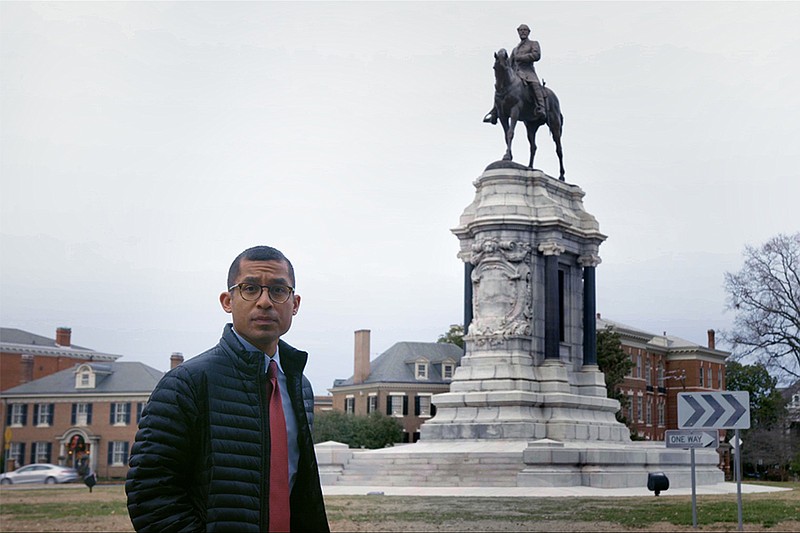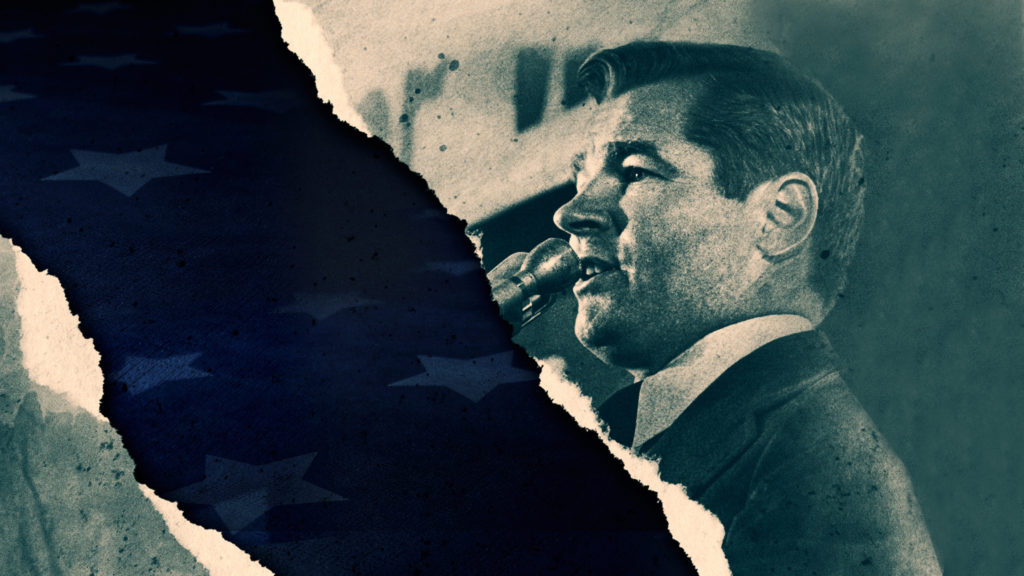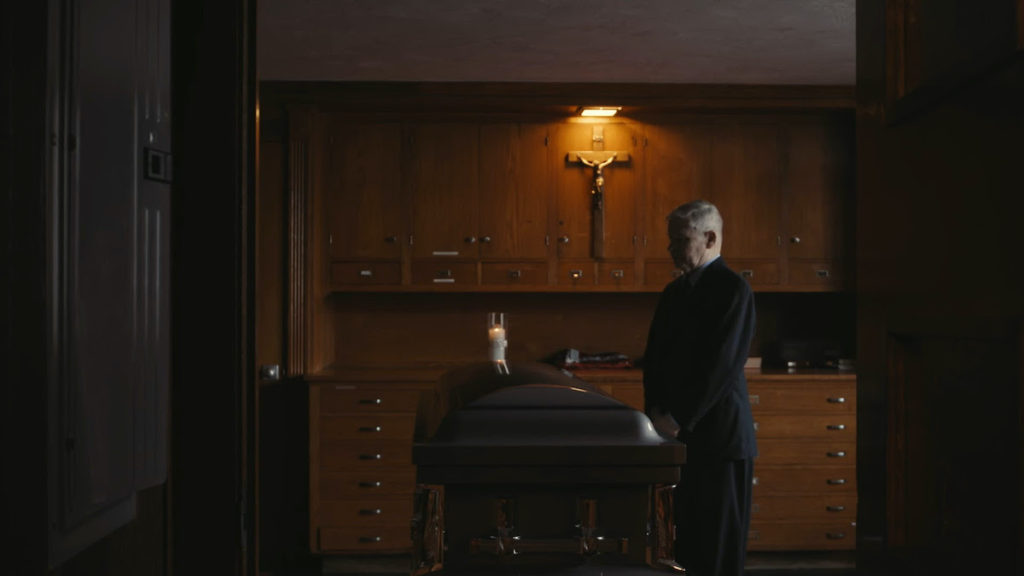
In the pointed documentary The Neutral Ground, C.J. Hunt explores the continuing legacy of Confederate monuments in America. Finding the backlash against removing New Orleans’ Confederate monuments so absurd, Hunt, a producer for The Daily Show, started out to make a snarky YouTube video. But he found himself drawn more deeply into the history of Confederate monuments, so intentionally braided with white supremacy.
In my view (and C.J. Hunt’s), it’s a no-brainer to remove monuments that should never have been erected in the first place. After all, these monuments celebrate men who led a traitorous insurrection against their own country, who sought to keep other human beings enslaved and who lost a disastrous war. Traitors. Slavers. Losers.
But Hunt is fascinated by the chorus of White Southerners advocating for the preservation of Confederate monuments to maintain pride in (White) Southern heritage. All of them claim that the Civil War was not about slavery. And none of them would say that they are White supremacists or that slavery was acceptable. Hunt notes a disconnect with historical fact:
“The founding documents of the Confederacy talk so obsessively about slavery, the real mystery is how so many people came to believe that Confederate symbols have nothing to do with it.”
I am a student of American history, and this is one of my pet peeves. If you’re interested, you can read more thoughts about THE NEUTRAL GROUND and the Lost Cause lie.
Now back to the movie, The Neutral Ground.
Hunt is very funny. To a woman who wants to keep all the statues in their prominent places with plaques for context, he suggests this wording: “Hi, I’m Robert E. Lee. A long time ago, I turned on my country and led over 200,000 Southern sons to their graves, so we could keep our basic right to own human beings as property. #SorryI’mNotSorry“.
After meeting a round of genteel “as long as you stay in your place” racists, Hunt is unnerved by encounters with the “I want to kill you” variety of racists.
For me, the highlights of The Neutral Ground were Hunt’s sparring with his own African-American father. His dad, moving about his kitchen in an Aunt Jemima apron, critically recounts the evolution of C.J.’s own racial awareness and imparts his own unblinking view of institutional racism in America. This repartee sets the stage for The Neutral Ground to become even more personally-focused for C.J. Hunt.
I watched The Neutral Ground on PBS’ POV; it’s now streaming on PBS.



